Steatotic Liver Disease, known as “fatty liver disease,” is a condition where excess fat accumulates in the liver. Fatty liver disease is estimated to affect about 25% of adults worldwide and can be brought on by a multitude of different factors, including alcoholism, poor eating habits, and genetics. Having a comprehensive understanding of fatty liver disease can help to address any risk factors and educate people on any preventative measures that they can take to prevent excess fat accumulation.
Due to its lack of immediate symptoms, fatty liver disease often goes unnoticed and is only detected during routine check-ups. Failure to properly diagnose and treat fatty liver disease can lead to life-threatening severe health complications and significantly affect your quality of life. Here, we will discuss the causes and symptoms of fatty liver disease and what strategies can be implemented to prevent it.
Understanding Fatty Liver Disease
The liver is a vital organ for filtering blood, processing nutrients, and producing bile. Excess fat can often disrupt the body’s processes for carrying out these functions and cause inflammation and damage. There are two primary types of fatty liver disease:
Alcoholic Fatty Liver Disease (AFLD): This type of fatty liver disease is caused by excessive alcohol consumption and binge drinking. Alcohol consumption not only damages the liver with fatty deposits, but it can also exacerbate symptoms and lead to cirrhosis of the liver if not treated properly.
Non-alcoholic Fatty Liver Disease (NAFLD): This type of fatty liver disease is the most common of the two and occurs in people who drink little to no alcohol. NAFLD is often associated with poor lifestyle habits such as obesity and poor diet and can occur as a result of another disease or disorder such as type 2 diabetes or high cholesterol.
Symptoms of Fatty Liver Disease
Many cases of fatty liver disease progress asymptomatically. As the condition worsens, symptoms can become more problematic and threaten your overall health. Individuals with fatty liver disease might experience:
- Fatigue
- Abdominal pain and discomfort
- Weight loss
- Loss of appetite
- Jaundice (yellowing of the eyes and skin)
- Swollen legs and ankles
- Nausea and vomiting
If you experience any of the following symptoms, it is crucial that you promptly visit your doctor or healthcare provider. Assessing your risk factors and making appropriate lifestyle changes can help to minimize symptoms alongside your doctor’s recommendations for treatment and prevention.
Causes and Complications of Fatty Liver Disease
Assessing your risk factors is essential in minimizing your risk of fatty liver disease. Several factors can contribute to the development of fatty liver disease, such as obesity, metabolic syndromes, high cholesterol, alcohol abuse, medications, rapid weight loss, and genetics. By addressing these risk factors and taking appropriate measures to minimize your risk, you can make significant contributions to your liver’s health and overall health and well-being.
Failure to make lifestyle changes can often worsen symptoms, leading to severe complications such as:
Nonalcoholic Steatohepatitis (NASH): NASH is a more severe form of liver inflammation that can lead to liver failure if not treated properly.
Cirrhosis: Cirrhosis of the liver occurs when liver damage and scarring evolve and worsen into irreversible damage.
Liver Failure: In severe cases, the liver may stop functioning entirely and require a transplant or dialysis.
Liver Cancer: As cells multiply and grow uncontrollably in damaged areas of the liver, cancer can manifest and spread.
Diagnosing Fatty Liver Disease
As genetics play a major role in the development of fatty liver disease, monitoring your body and practicing healthy eating and exercise habits can help to slow down the formation of symptoms. Regular check-ups at your doctor can usually determine whether or not you are at risk for developing fatty liver disease. However, a diagnosis can only be determined after a combination of different tests, such as:
Blood tests: Checking for indicators of liver function, such as liver enzyme levels in the bloodstream, is one way to determine whether or not someone has fatty liver disease.
Imaging tests: Ultrasounds, CT scans, or MRIs allow doctors to view and visualize the liver and asses for any visual damage.
Liver biopsy: Sometimes, a small sample of liver tissue is removed from the body and examined.
Managing Fatty Liver Disease With Supplementation
When it comes to managing the risk of fatty liver disease, scheduling frequent check-ups with your doctor and listening to your body are two of the most important steps. Learning more about fatty liver disease and being aware of the symptoms can help you identify the condition in its early stages and take preventative steps.
Making lifestyle changes such as eating healthy and exercising are crucial to managing symptoms. By making dietary changes, you can fuel your body with the right nutrients for survival. Incorporating inflammation-fighting ingredients such as silymarin, curcumin, dandelion root, and yarrow into your diet is a great way to support your liver health while contributing to a healthy lifestyle.
While these ingredients can be difficult to source on their own, taking a comprehensive liver health vitamin such as Urgent Liver 911 by PhytAge Laboratories can be a great way to ensure you get all the nutrients you need to support a healthy liver.
Supporting Healthy Liver Function With PhytAge Laboratories
As symptoms of fatty liver disease worsen over time, getting ahead of your symptoms and acknowledging your risk factors are vital to maintaining your overall health. With adequate lifestyle changes in place, such as healthy dieting, exercise, and quitting smoking, optimizing your health and addressing risk early on can minimize the effects of fatty liver disease and prevent it from developing into a more serious condition.
Utilizing supplements such as Urgent Liver 911 from PhytAge Laboratories can be an excellent way to deliver quality nutrients to your body and support healthy diet habits alongside your doctor’s recommendations for prevention. As the premier choice for those seeking wellness through all-natural ingredients and holistic approaches, PhytAge Laboratories offers various supplements to support a range of health issues and body functions. Get ahead of your liver health and explore our product offerings today to learn more about how all-natural supplements can benefit your health and well-being.
 Cart
Cart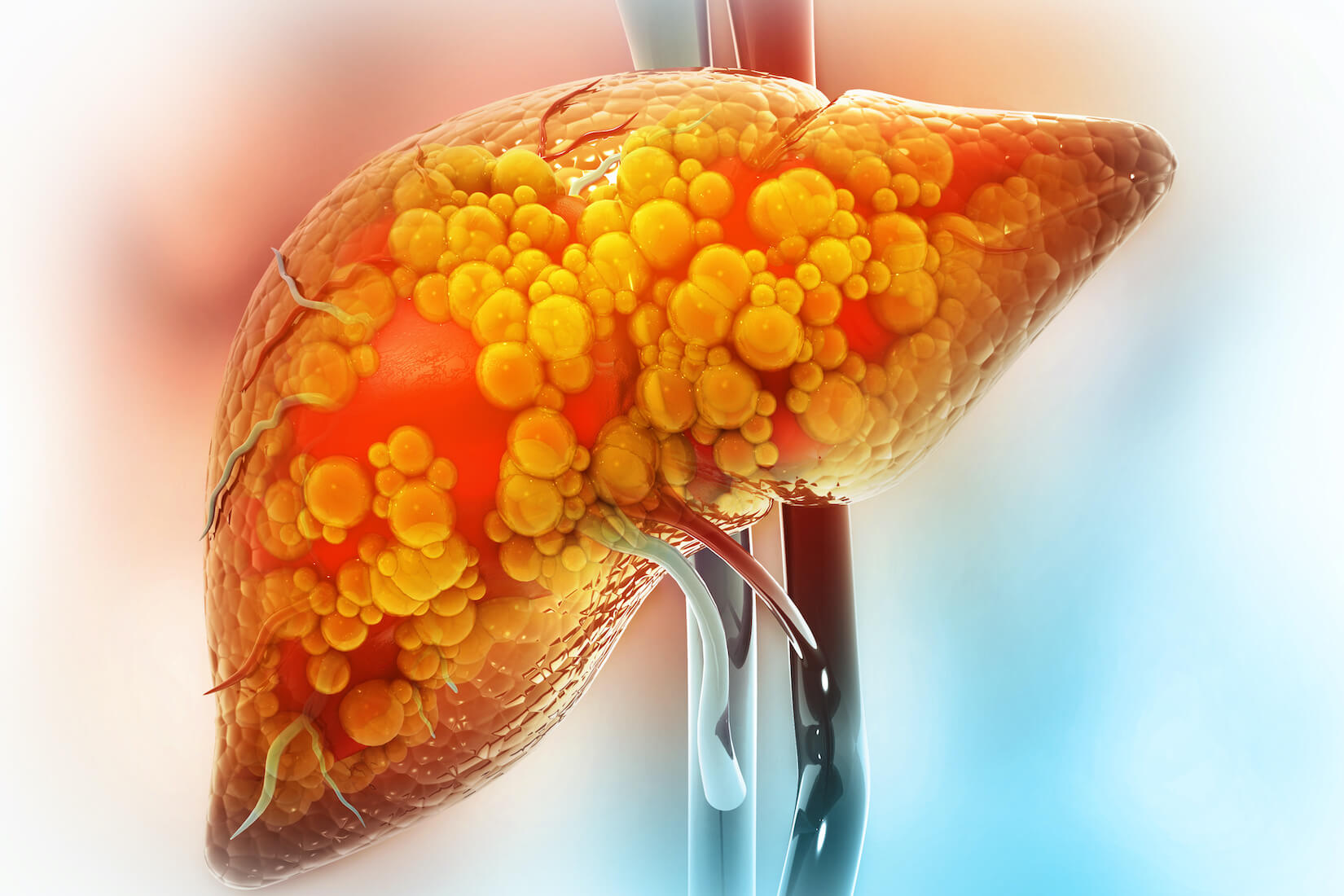








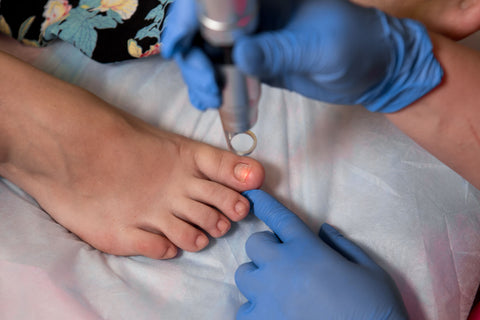


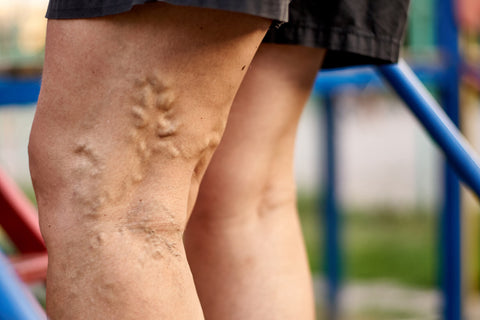


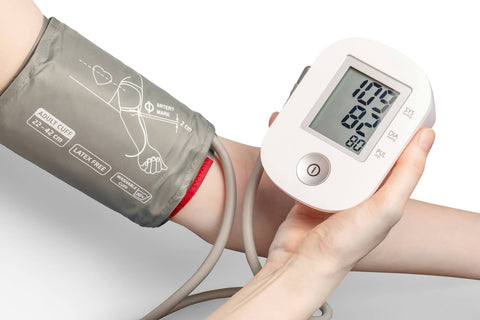

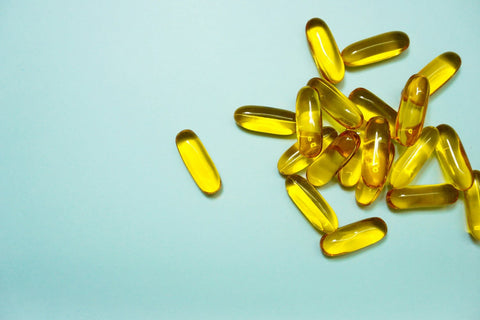
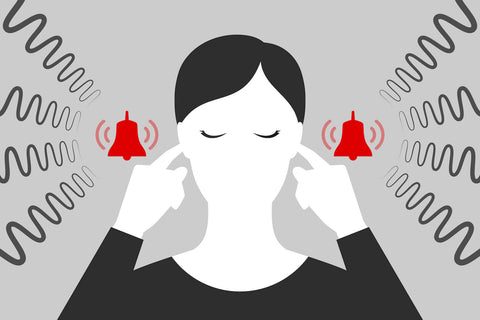



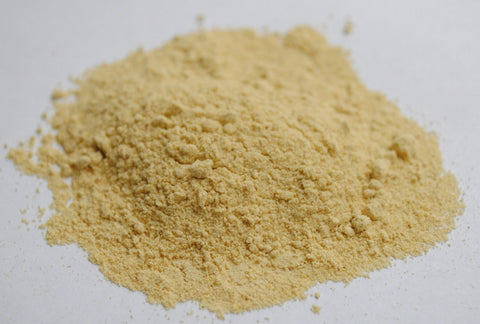
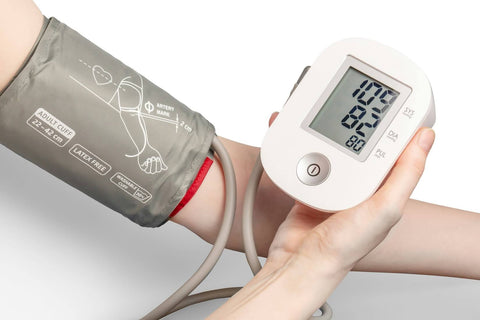
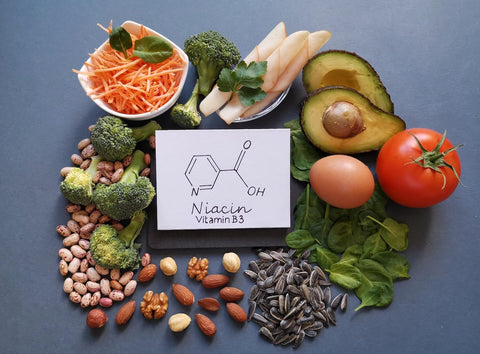

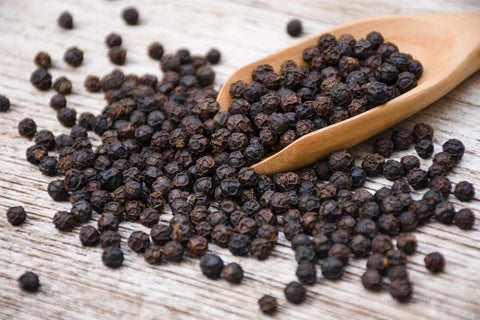


















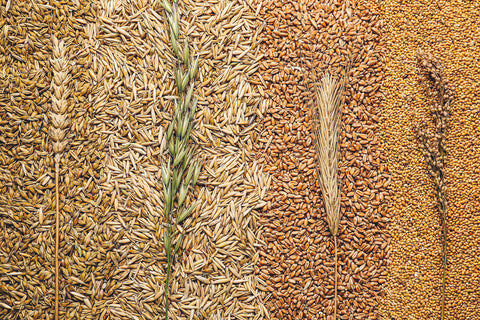






 1-800-822-5753
1-800-822-5753
